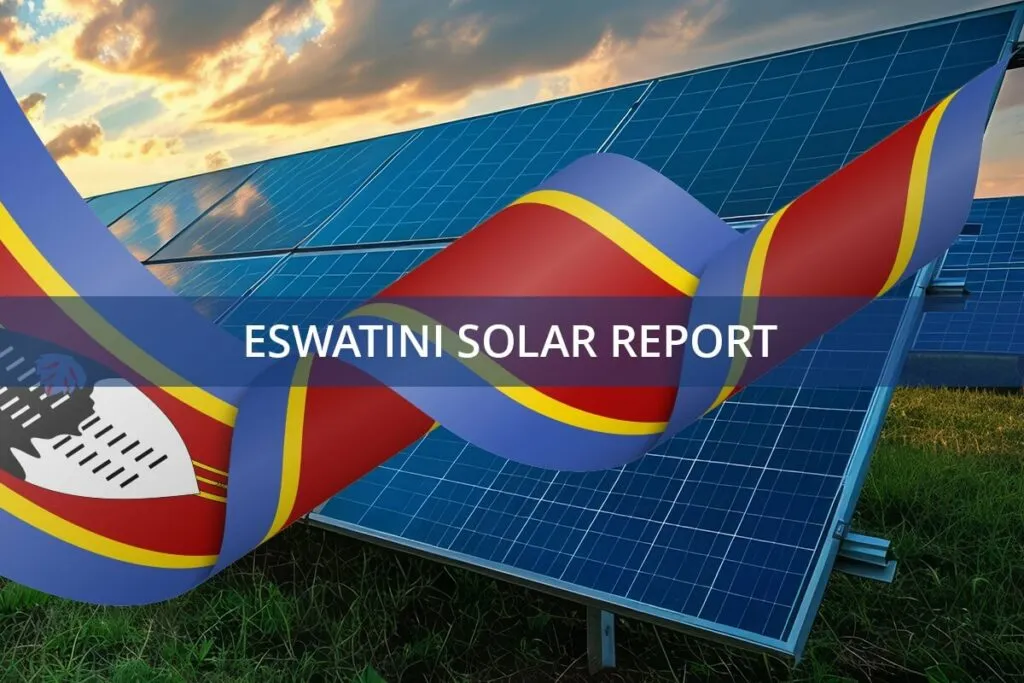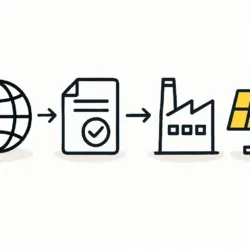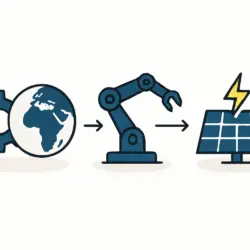Advancing Eswatini Energy Independence by Reducing Imported Electricity
Eswatini is on an ambitious path to reshape its energy landscape, with the goal of slashing its reliance on imported electricity from 80% to 20% by 2025. The nation currently depends heavily on electricity from South Africa and Mozambique, but that reliance is set to decline sharply as Eswatini expands its own energy production and renewable initiatives.
Vusumuzi Dlamini, general manager of the Eswatini Energy Regulatory Authority (ESERA), has highlighted the country’s progress in reducing its reliance on imports. In 2018, Eswatini’s import dependency was a staggering 90%. That figure fell to 80% by 2021, with a target of 60% by the end of this year. The ultimate goal is to bring that number down to just 20% by 2025—a significant stride toward energy autonomy.
Boosting Local Generation and Renewable Energy
A cornerstone of Eswatini’s strategy is promoting local electricity generation. New regulations now empower citizens to produce their own electricity through small-scale generation projects. This initiative has already drawn substantial interest, with 123 applications leading to 86 approvals that add a collective 2.2 megawatts to the national grid.
The country is also focusing its efforts on renewable energy, particularly solar power. Eswatini has earmarked 12 viable sites for solar energy production capable of generating 40 megawatts. Two of these projects are already underway and expected to contribute 20 megawatts of power by August 2025.
Dlamini emphasizes the vital role of renewables in Eswatini’s energy strategy, citing their environmental benefits and cost-effectiveness compared to traditional power generation. He also notes the economic advantages these projects bring, such as job creation and economic stimulation.
For further insights into Eswatini’s energy transition, visit PVknowhow’s report on Eswatini.
Government Support and Future Plans
The shift toward local and renewable energy sources has the full support of the Eswatini government. During a recent parliamentary briefing, Dlamini presented the country’s progress and outlined upcoming initiatives to achieve the 2025 target. He reassured lawmakers that the nation is on course to meet its goals and significantly reduce its dependence on imported electricity.
Eswatini plans to bolster its renewable energy capacity even further, exploring additional solar projects as well as other renewable sources like wind and biomass. These initiatives aim to cut reliance on imported electricity, paving the way for a more sustainable and stable energy supply.
Challenges and Opportunities on the Path to Independence
Despite its impressive progress, Eswatini still faces challenges in reducing its dependency on imported electricity. Reaching the 2025 target will require sustained investment in local generation and renewable energy projects.
Nonetheless, Dlamini is confident in Eswatini’s energy future. With strategic policies and investments, he believes the country is poised to hit its 20% import target by 2025. The potential for renewables to revolutionize the sector while contributing to economic growth remains a key focus.
Eswatini’s plan to slash electricity imports from 80% to 20% by 2025 is both bold and commendable. By focusing on local generation and renewable power, the nation is paving the way for greater energy independence and sustainability.



